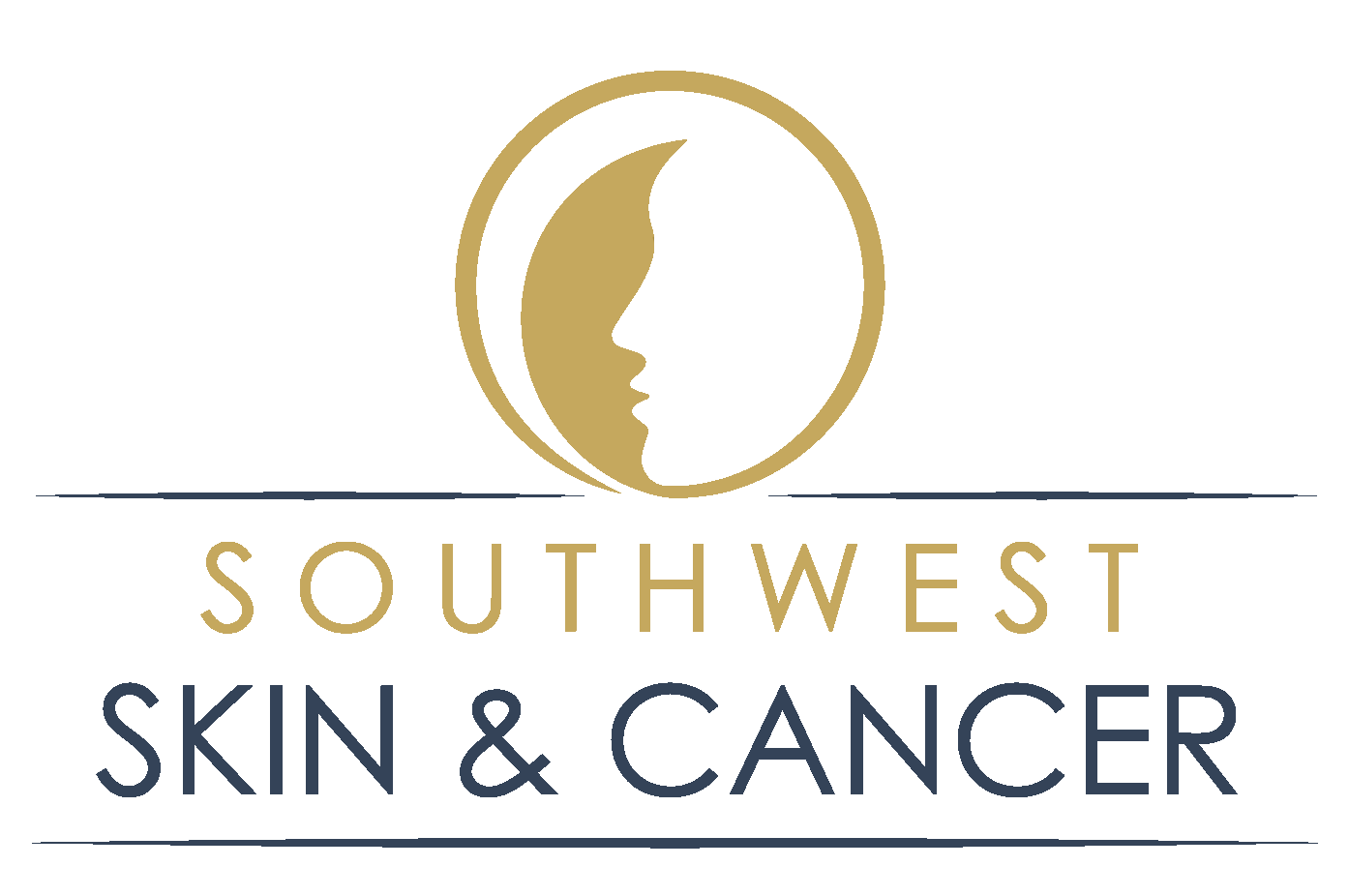GENERAL
DERMATOLOGY
General Dermatology
At Southwest Skin & Cancer we specialize in health issues affecting the skin, hair, nails, and mucous membranes. The skin is the first line of defense against pathogens and injury, and it can be a good indicator of overall health, which is why it is important to make sure your skin is in good healthy condition. If you are concerned about an area of your skin, we specialize in skin cancer and perform many surgeries including Mohs surgery. We can also help with acne, psoriasis, skin rashes, skin infections, warts and many more skin issues. Our highly trained physicians can teach you how to protect yourself from the sun to avoid skin cancer, give you tips to prevent hair loss, and teach you how to take care of your nails to prevent common conditions. In addition to giving you ways to prevent conditions, if an issue is already present, we can discuss in detail the options you have to get your skin and body healthy again.
Skin Cancer
Nail Fungus
Acne
Psoriasis
Rashes
Rosacea
Actinic Keratoses
Alopecia (Hair Loss)
Cysts
Skin Tags
Skin Infections
Vitiligo
Warts
Definitely recommend to all family and friends! They have personally helped me mainly with cosmetics (acne, laser hair removal, etc) and have been wonderful to work with. The staff is caring and listens well to my concerns and needs. The doctors and PA’s are great as well! Helped many family members whether removing warts, skin cancers, or rashes. I definitely would recommend Dr Austin Smith who’s a very sociable, personable guy, or Tim Nowatzke (PA) for anyone looking for a time efficient appointment.
Kylee H.
Frequently Asked Questions
Dermatologists are doctors with added training that allows them to diagnose and treat disease of the skin, hair, nails and mucous membranes. Dermatologists treat skin cancers, moles, warts, fungal infections, psoriasis, acne, dry skin, contact dermatitis and other skin conditions. Dermatologists are also surgeons, who can prevent or provide early control of disease.
Periodic self-examinations aid in recognition of any new or developing lesion. Become familiar with your skin and your own pattern of moles, freckles and beauty marks. Make sure to look at your entire body every month or two. Watch for changes in the number, size, shape and color of pigmented areas. Warning signs to look for include changes in the surface of a mole; scaliness, oozing, bleeding or the appearance of a new bump; spread of a pigment from the border of a mole into the surrounding skin; change in sensation (i.e., itchiness, tenderness, pain).
- Generously apply sunscreen to all exposed skin, including lips.
- Wear protective clothing such as long sleeves, a wide-brimmed hat, and sunglasses if possible.
- Seek shade between the hours of 10:00AM-4:00PM. The suns rays are the strongest during these times.
- Use extra caution near water, snow and sand because they reflect the damaging rays of the sun, increasing risk of sunburn.
- Get Vitamin D through vitamin supplements.
Petrolatum, an ingredient in many lotions, creams and ointments, is an excellent moisturizer. Other ingredients such as urea, alpha hydroxy acids, lactic acid, and ammonium lactate help the skin hold water.
Dry, itchy skin can be treated with a moisturizer after bathing, while the skin is still damp. Bathing less frequently and using milder soaps or a soap substitute, or soaking in a tub of warm water without soap can help relieve dry skin.
















